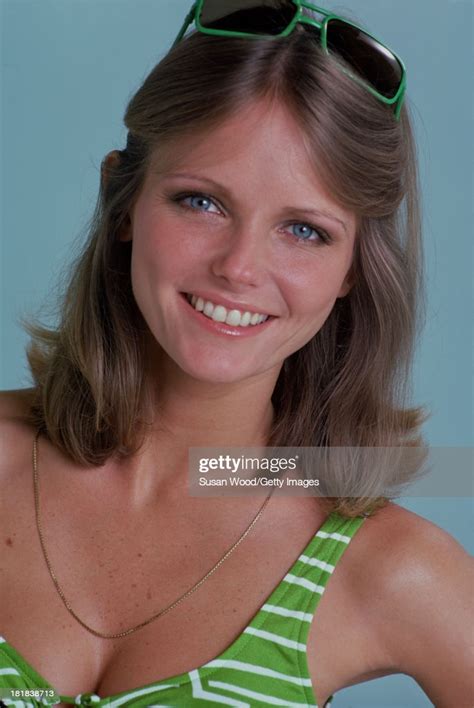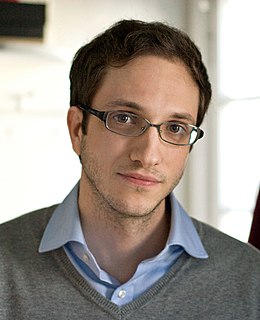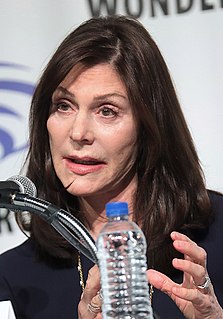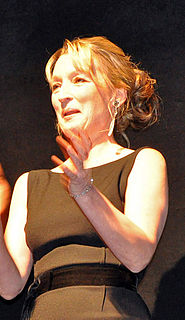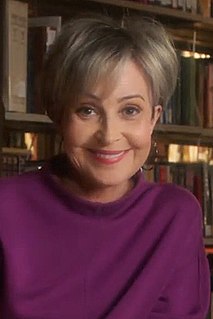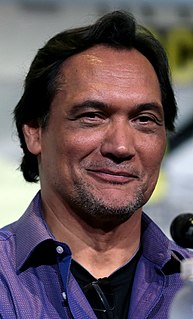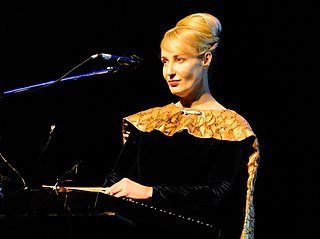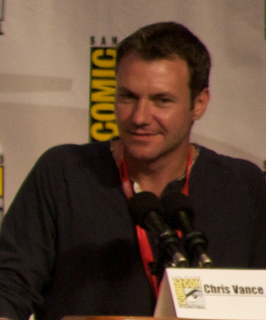A Quote by Christopher Nolan
The structural notions to me always have to be worked out very carefully in the script stage. Whatever a particular structure is. Whether it's chronological or non-chronological. To me that's always about what point of view are we trying to address in the film?
Related Quotes
Even though I'm an actor, even though I know a little bit about film, I very much view things as an audience member. For me, whether it's TV, film, theater, whatever, it's a big movie, a small movie, whatever it is, I look for the truth in it. I look for the honesty. I just look for if it feels honest and real to me.
There is no need for the Russian state to hold such large stakes and we do intend to put our plans into practice. It is not about whether we want it or not, it is about this being practical or not and the best timing. In general, it is practical from at least one point of view - from the point of view of structural changes in the economy.
When I start on a film I always have a number of ideas about my project. Then one of them begins to germinate, to sprout, and it is this, which I take and work with. My films come from my need to say a particular thing at a particular time. The beginning of any film for me is this need to express something. It is to make it nurture and grow that I write my script- it is directing it that makes my tree blossom and bear fruit.
Stage is the ultimate test; I like watching established screen actors on stage to see if they can really do it. But it's great to have a healthy mixture of the two. Film is so technical: there's something very particular about the relationship between you and the camera. It took a long time for me to get good on film.
I always think about the books I'm doing in pretty much the same way. I'm simply trying to write that particular novel as well as that particular novel can be written. I want to listen to what it is telling me, trying to figure out what it wants to do as much as what I want to do with it. There's a negotiation that's constant and ongoing between me and the material I'm working with, because I'm trying to listen to it.
I'm always sitting down and talking to people that are doing independent features. It depends on the project and the quotient of the people that are involved. There are a lot of different reasons [to do something], like a particular script that resonates with me, in a particular way. It may not so much even be about the part, but what the script has to say.
We always have a basic structure for a piece of music, but we encourage the musicians to elaborate on whatever they feel at that particular moment. There's a definite conversation happening on stage. I think it is very important for us as creative musicians, to instantaneously describe any energy that is visible at that time.

